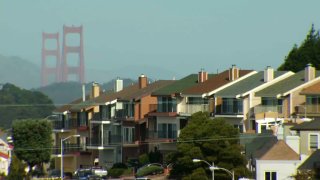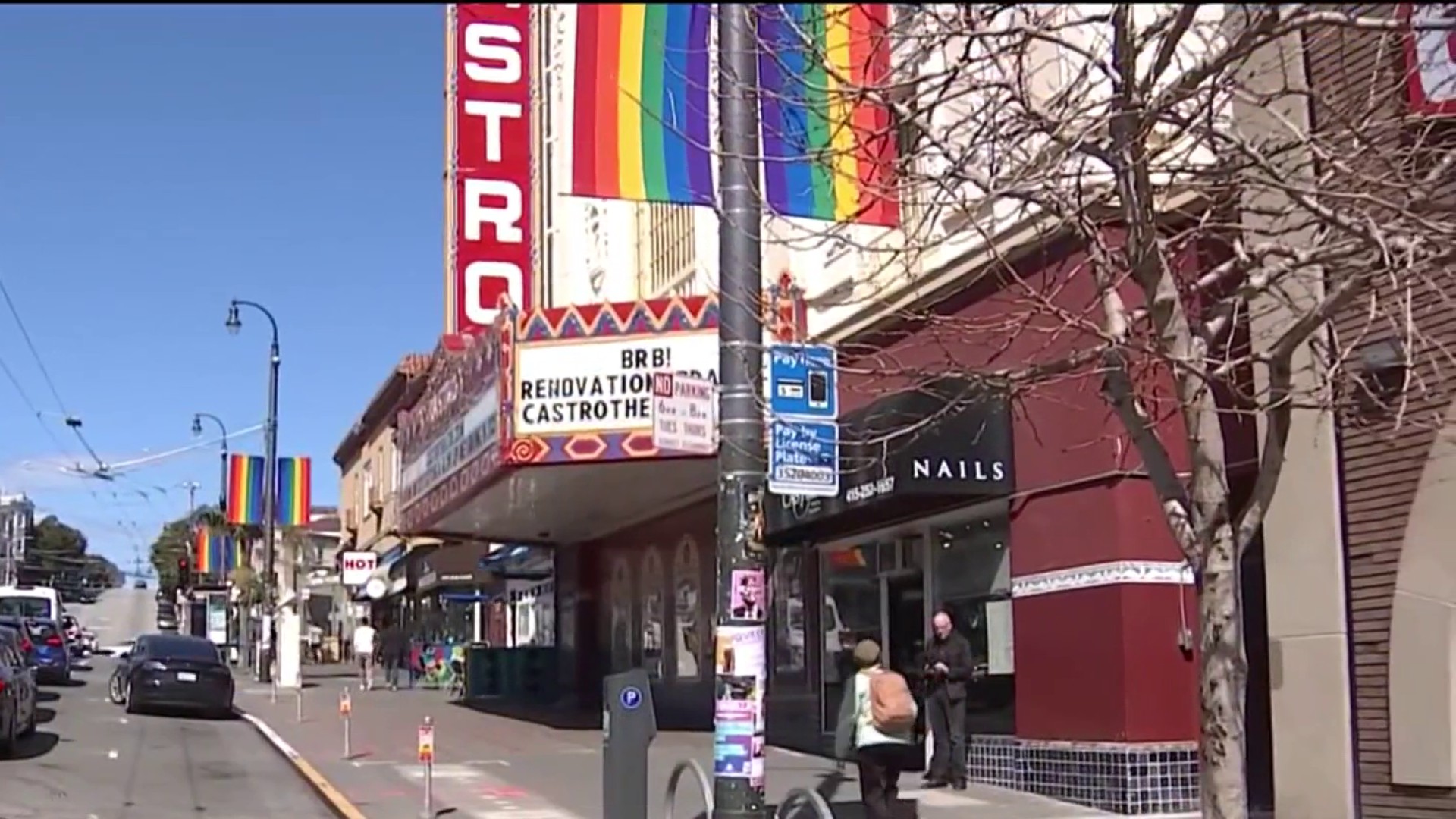
The clock is ticking. San Francisco was already under pressure to meet a state mandated goal to accommodate 82,000 new housing units by 2031. The screw was tightened Oct. 25 when the state set a deadline of 30 days for the city to streamline its building policies. That deadline passed on Saturday.
The California Department of Housing and Community Development is expected to issue a warning letter to the city at any time. Upon receipt, the city has 30 days to comply with the state's requirements or else it will move to decertify San Francisco's permitting policy outlined in its Housing Element and install its own processes.
"We have not blown our deadline yet," said Aaron Peskin, President of the San Francisco Board of Supervisors in Monday's session of the Land Use and Transportation Committee. He turned to the city attorney and asked her to confirm on record that no state letter has been received yet.
The committee voted unanimously on two items addressing the crisis.
One was an ordinance proposed by Mayor London Breed and Supervisors Matt Dorsey and Joel Engardio to streamline the permitting process to comply with state requirements. The committee voted to amend it and push it to next week's meeting.
The second was a resolution sponsored by Supervisors Aaron Peskin and Connie Chan, to ask the state to extend its deadline. Upon approval, Supervisor Myrna Melgar added, "It doesn't hurt to ask for an extension. I think it's okay."
The deadline extension, which will move ahead for a vote Tuesday by the full board, was supported by several organizations, including the San Francisco Anti-Displacement Coalition and the Council of Community Housing Organizations.
Local
"In order for it to be veto-proof, it needs to get to eight votes," said Dyan Ruiz with the Race & Equity In All Planning Coalition before the meeting.
"And with the composition of the board right now, we're not entirely certain that will happen. The supervisors should be standing up against the state because they're taking away their legislative power to do what's best for San Francisco and to also recognize the work that they've already done this year to improve the building process," Ruiz said.
Get a weekly recap of the latest San Francisco Bay Area housing news. Sign up for NBC Bay Area’s Housing Deconstructed newsletter.
The resolution lists the changes the city has already made to streamline the approval process and places blame on the current economic climate for slow housing starts, including high mortgage rates and building costs. It states that 50,000 housing units are currently entitled and approved, but developers are not willing to invest.
"What I am increasingly hearing as a talking point on these issues is this idea that the state will cut off the city's affordable housing money," said Peskin.
"The premise that the state is operating from, if the city doesn't sufficiently streamline and deregulate housing for rich people then the state is going to cut housing for poor and working-class people, is so completely outrageous," he said.
The battle lines fall across two approaches to the building permit process - ministerial or discretionary.
Discretionary approval is when a local government can impose conditions of approval and, in some situations, hold back or deny its approval. San Francisco's process has historically been discretionary. For example, when a building is scheduled for demolition it triggers a Conditional Use Hearing, where community members provide input.
The ministerial process is more streamlined. If a developer proposes something that conforms to the law and it meets design criteria, they have certainty of approval. The state created a ministerial process in 2016 with Senate Bill 35, introduced by state Sen. Scott Wiener, D-San Francisco. These are the standards that would come into play if the state stepped into the city's permitting process.
Mayor Breed has been working with board members since April to pass legislation that will streamline city permitting, reduce requirements for public hearings and remove certain development fees.
Her efforts received hearty support from several members of the public, including residents in the city's western neighborhoods, as well as practicing architects and community leaders who were impatient with the board and expressed fear over consequences from the state, which provides non-profits with funding for affordable housing.
“I want to remind members of the committee that 72 hours ago we missed our state deadline," said one member of the public who identified as a rent-controlled tenant. "A week ago, I spoke to a panel of low-income housing developers in San Francisco," she said. "I heard person after person express concern that this board of supervisors is willing to gamble with Housing Element decertification. We are running on good faith from the state right now, and that is really quickly running out."



